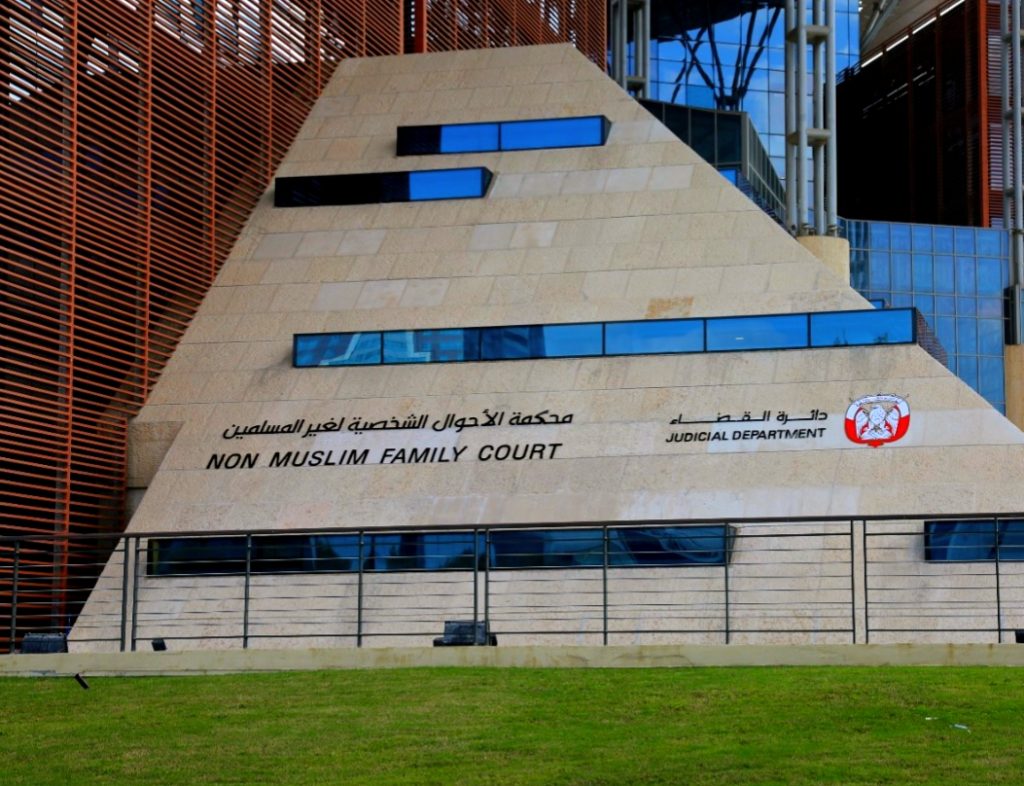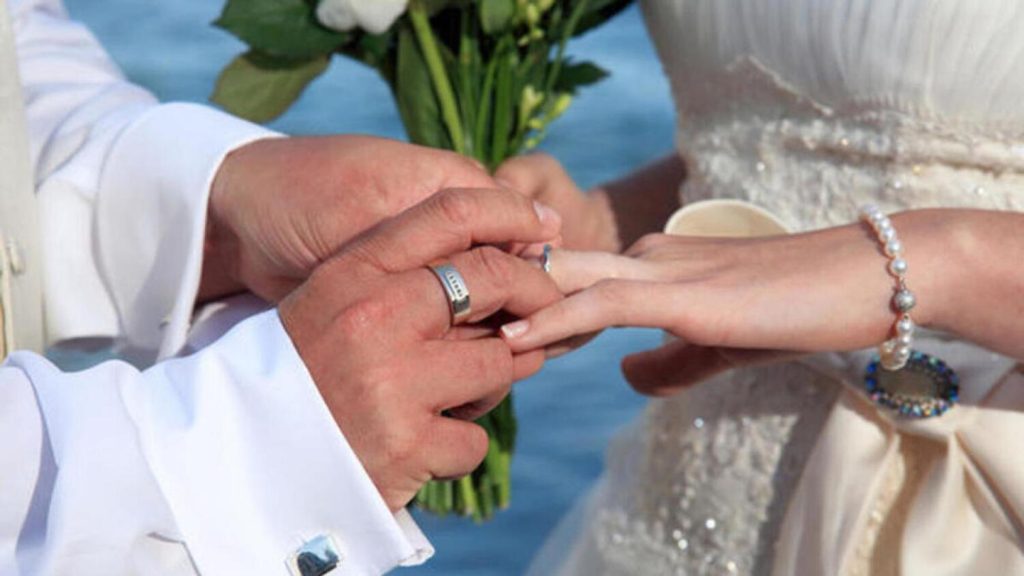Just today, a new law has been issued for ex-pats and non-Muslims in the country of Abu Dhabi. The law helps move the country into a more modern and diverse direction, legally speaking. The new legislations add to the civil marriage law that was issued early last year.
So what is it and how did it all start?
The First Law

Back in 2020, the UAE reshaped a bunch of laws to push forward its progressive brand and have an edge over its regional competitors. Specifically, in civil liberalization since the majority of the population, almost 90 percent are ex-pats and foreigners.
The laws included many restrictions being lifted for unmarried couples living together, the alcohol restrictions loosened up, and long-term residencies were granted.
Also, up until the new civil laws legislations, marriages were always conducted under the Islamic Sharia law.
But on Dec. 27, the first civil marriage law for non-Muslims was in effect. The marriage of a Canadian couple on UAE land was a mark of its modern history.
The New Legislation

On Sunday, Feb. 6, Sheikh Mansour bin Zayed Al Nahyan, Deputy Prime Minister issued decision No. 8 of 2022, approving the regulations for the implementation of the Civil Marriage and Divorce Law No. 14 of 2020 in Abu Dhabi.
The law regulates family matters for foreigners in general such as civil marriage, divorce, joint child custody, and financial rights.
This new addition to the already stated law consists of 52 articles dealing with the jurisdiction of the Civil Family Court, introducing the following legislations.
Civil marriages are based on the will of both the husband and wife. According to Khaleej Times, “This means no consent from the woman’s family will be required. The law also gives spouses the right to divorce without the need to prove harm was done in the marriage.” Meaning that the divorce can be applied by either of the spouses which is a first since before this law if harm was not proven to the court, divorce would not be granted. This also means that divorce among ex-pat couples can now be granted at the first hearing without needing to go to the family guidance department or mandatory reconciliation sessions.
When it comes to the financial rights of the wife it will be based on several conditions, like the number of years of marriage, the age of the wife, the economic standing of each of the spouses and other considerations.
The Future

The outcome of these new laws and legislations is most certainly a step forward into the future. UAE is leading the way for the Middle East or better yet for the entire MENA region to modernize and be more in line with the international laws dealing with civil laws and personal issues for non-muslims and foreigners.
There will be more globalization and modernity ahead since the UAE is clearly taking strong assertive steps in the path to a bright future.



